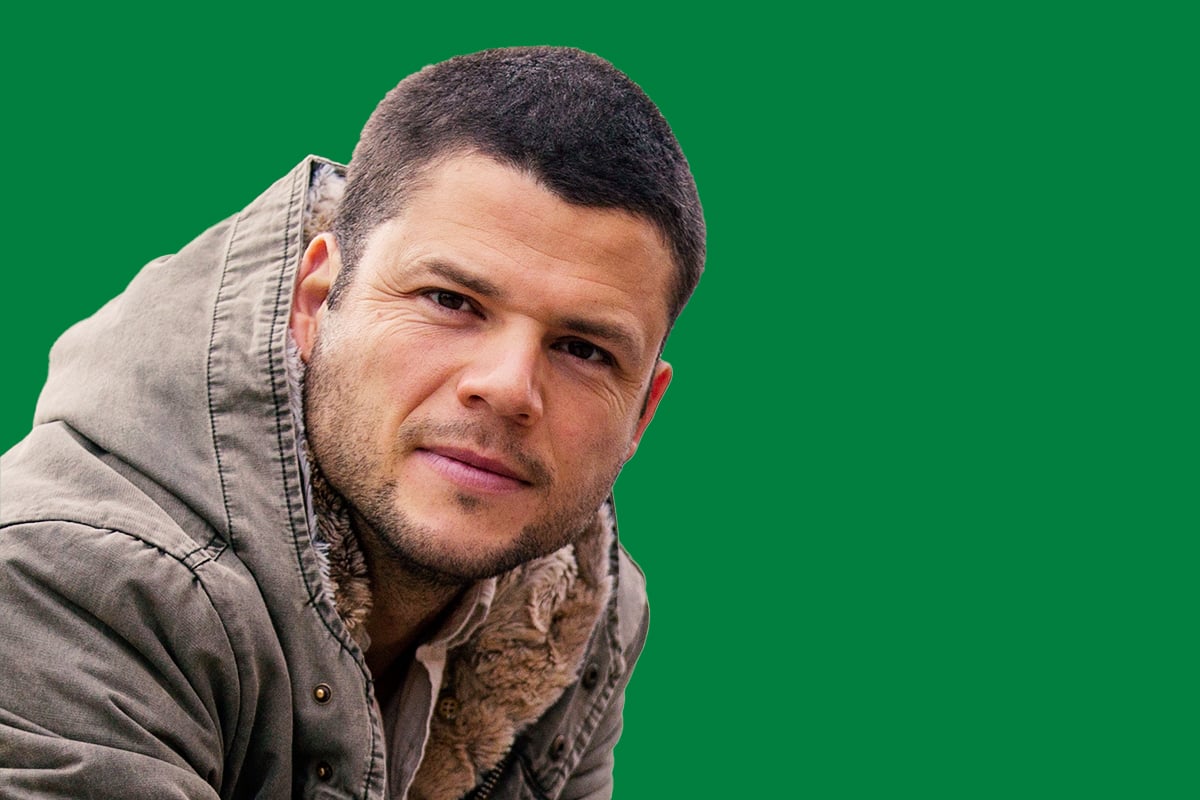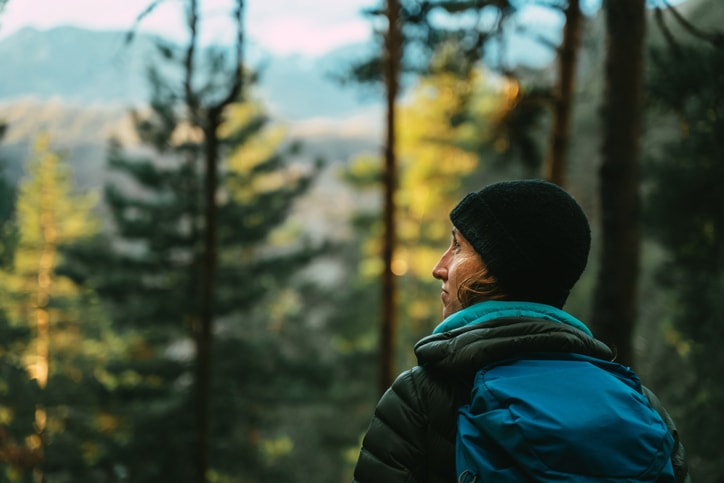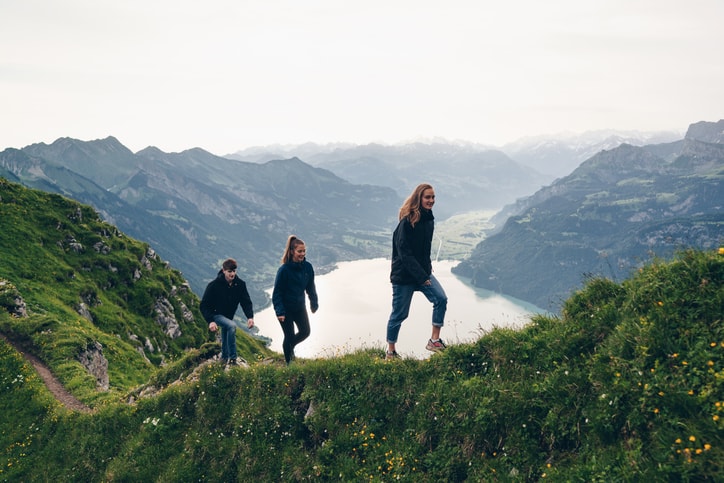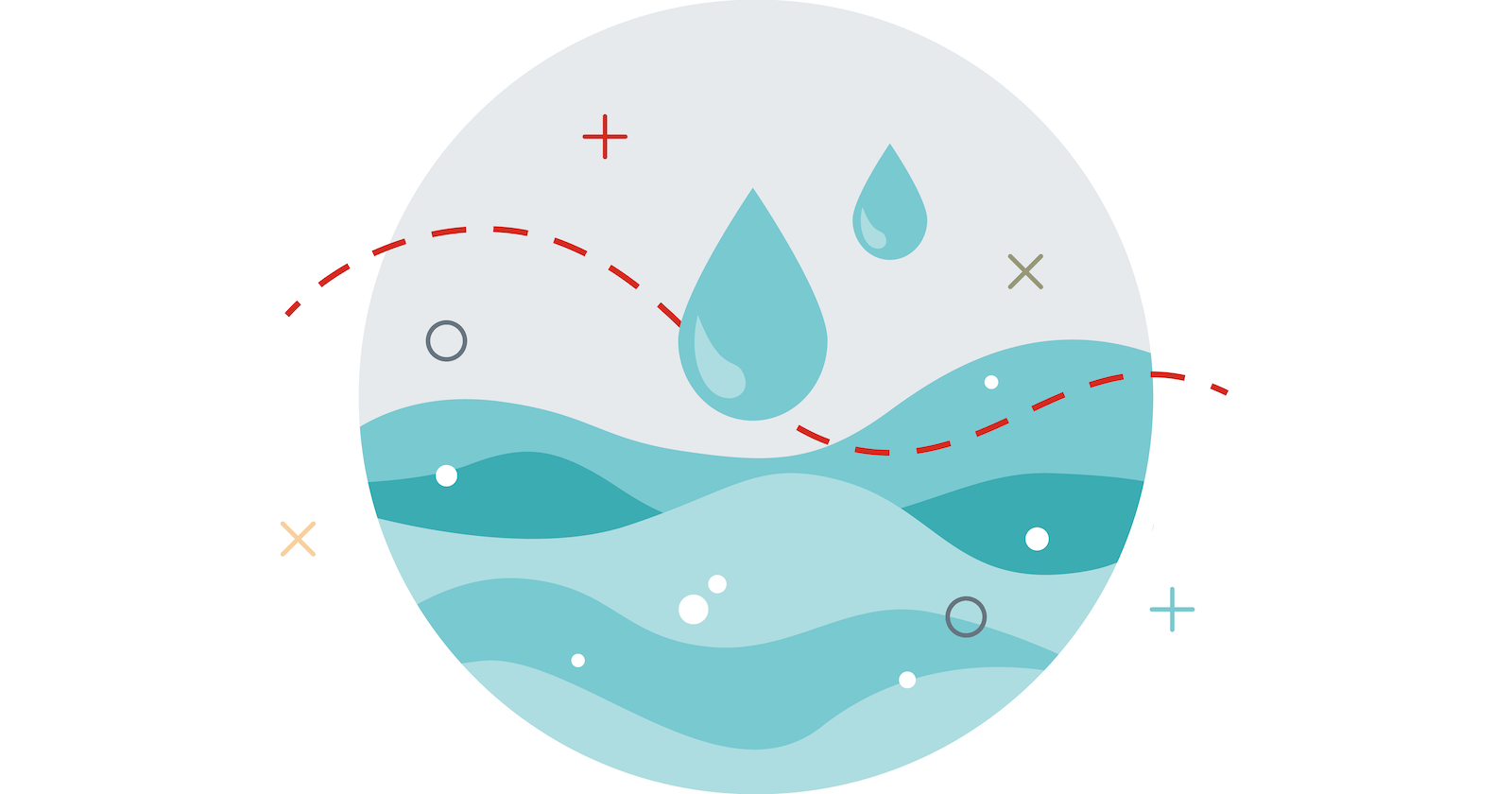Thursday, October 20, 2022
Nacho Dean, the first person to walk around the world, reflects on sustainability and the importance of nature in education at a time when climate change is defining international agendas.
By Mauricio Hdez. Cervantes
Being first at something is important. But being first at the right time matters even more. If we think of the historical pioneers who discovered new horizons within our boundless planet, we see names such as Christopher Columbus, Ferdinand Magellan, Giovanni Caboto, Amerigo Vespucci, and many others. However, it seems that all these characters are so distant, so alien, that it is almost impossible to imagine that today anyone can continue discovering the wonders of the Earth. However, there is one person who in these times has been the first to walk and swim around the world, linking the five continents. His name is Nacho Dean (Malaga, 1980), and he is a naturalist, communicator, and explorer. From 2013 to 2016, he literally traveled the world on foot in an expedition called 'EarthWideWalk'. Not much later, between 2018 and 2019, on the 'Nemo' expedition, he did so swimming as a warning about the conservation and state of the oceans. Today, as he embarks on a new expedition, he reflects on sustainability and the relationship between people and the environment.
How and when did you discover your love for nature and passion for adventure?
From a very early age. My parents always took me to the mountains, camping, swimming in the sea, in rivers… Nature has always been part of my upbringing. Then, as I've grown older, I have realized that where I feel happiest and where I most enjoy being is in contact with the environment.
I must also say that those of us who like to be in contact with nature have the responsibility to take care of it and try to leave it as we found it for future generations.
Do you think it is important for children and young people living in cities to be more in contact with the countryside and nature?
Yes, of course. My personality and my way of being is due in large part to how my parents raised me. In addition, of course, my personal experiences are very important, but what my parents instilled in me was decisive.
I believe that we are nature. Being in the forest, in the sea… is important to develop motor skills, but also to develop the idea of play. For example, climbing trees or following trails and playing among the stones, also to find peace and tranquility of mind. It is important to see that if it rains and you get wet, there's no problem. Or just watch the stars at night, and the clouds. I definitely believe that nature is a very important part of education for the new generations.
You were the first person to walk around the world and connect five continents by swimming. Was the motivation more than just wanting to break a record?
Yes, yes. There was motivation in being a pioneer in doing something, but what truly gives you strength is believing in what you do. I walked around the world to document climate change, and I swam across five continents to send a message of ocean conservation. Walking is the best way to go through the ecosystems, to see the state they are in. And, of course, exploring more cultures and countries.
What have you learned about sustainability in your travels?
I have learned how intimately linked the human species is to nature. We live in times when we see everything through a screen and we take pictures as if they were postcards, but we are inside the frame because we are part of the environment. I have been at many times at the edge of survival, and that has helped me to see that we live in a very comfortable society, very safe, as a consequence of evolution, but that we need water to drink, air to breathe, food to eat. I have also learned to value the importance of health. And I was able to see with my own eyes the state of ecosystems I have seen that we live on a planet that is a marvel, that if we were to discover such a planet in another galaxy, our jaws would drop to the ground.
But I have also seen the other side. I have seen areas heavily polluted by plastics and CO2. I have also seen a lot of deforestation, as well as fires and, in general, considerable biodiversity loss as a result of human activity.
You are preparing the next expedition, 'Blue Spain', what does it consist of?
We have already started it. It is a scientific and informative sailing trip around Spain, including the Canary and Balearic archipelagos. The foundation is scientific: we will document the state of marine ecosystems, focusing on plastic and microplastic pollution. The samples we take will be analyzed at the University of Cadiz, and then a report will be published, which will be the first map of the state of marine debris on our coasts.
The other part of the foundation is dissemination. We want to do science for the average person because we believe that science makes sense when it is communicated and shared. We will be giving talks in schools, and we will also be cleaning beaches. We will also be inviting people on board, from company CEOs to ambassadors we have called 'ocean heroes', to learn about the work we do. It is a 10-month expedition. We started in September of this year in the Basque Country, and we will finish in June 2023 in Catalonia.
What results do you expect, in terms of disclosure, from the public and the government administrations?
What we do is '360° communication'. We use social networks and the internet, in addition to other media, as well as talks, conferences, and visits to the ship, but the mainstay is education and awareness-raising.
The sea is a great unknown. We are beings of land, of mountains, of soil, but what happens from the coastline to out there, it seems that, since we don't see it, it does not exist. However, we want to highlight the importance of the oceans, because they are the main emitter of oxygen to the atmosphere—not forests. They also capture the most CO2. And they are, and have always been, a source of inspiration for artists and poets. We want to make it known that a community of millions of people live by and for the sea.
In particular, we want to address the public by raising awareness about the consumption and use of plastics. We believe that, with public authorities, we can also have a tool to change things. And we would like to declare 30% of our coasts as marine protected areas.
And companies, which have a massive impact on society, we would like to see them incorporate care for the oceans into their strategies, such as manufacturing packaging with recycled material, for example.
There is already talk of eco-anxiety. What would you say to people who don't believe it is possible to stop climate change?
Climate change has always existed, that is, the climate has always been changing. If you consider the history of the planet in one year, humans arrived at the last minute of December 31. But we think we've been here forever. The climate has changed constantly, but the truth is that in recent years, as a consequence of human activity, it has changed drastically in a very short period of time.
You don't need to look at the reports to see that. This is something that can be confirmed with the senses. Winters are getting warmer. It is snowing less and less. However, I am more in favor of calling to action from a space of passion. In other words, showing the beauty of the world in which we live. We call ourselves homo sapiens, but the truth is that we are also very emotional beings. And, we cannot forget, that there is an undeniable reality. And it is that if we do not act soon, nature will put us in our place.
I encourage people to spend more time in nature. We are all the time in a city and in front of a screen. We must go out into nature. It is health, freedom, beauty, balance, fantasy, and refuge. For me, nature is my truth: what you see is what you get.
Your vision of "a humanity of free, healthy, and happy people living in balance with the planet" may sound utopian. What do we need to make it happen?
There is no border more impassable than the one that prevents us from believing in something. I have traveled through many countries, and in doing that you realize that as you cross borders everything changes. The landscapes and ecosystems, currencies, languages, foods, they all change. So, one may ask, what truth is there? And you realize that humans need to believe in something, and I believe in that idea of a humanity full of free, healthy, and happy people. Because what you believe is what you create.
I wish the best for humanity, but there cannot be a happy and healthy humanity in a sick and punished environment.
¿Te ha parecido interesante?





